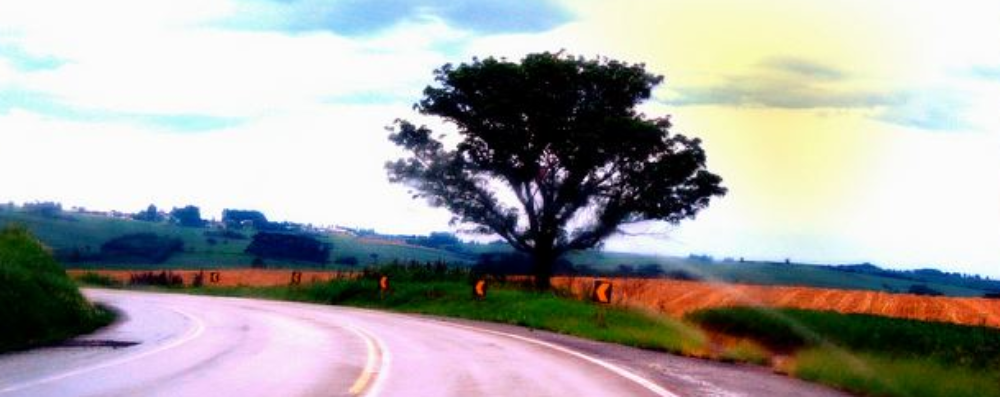
Ir para a comunidade do dialeto no Facebook
Go to the Facebook dialect community
ON JULY 25TH, 2012 HUNSRÜCKISCH PLATT (DEITSCH), A GERMANIC MINORITY LANGUAGE UNIQUE TO SOUTHERN BRAZIL CELEBRATES 188 YEARS OF HISTORY AND TRADITIONS
by Paul Beppler
This is German Immigration Week in Brazil, celebrating 188 years of history, traditions and language. Hunsrücker Platt is the most widely spoken German dialect in southern Brazil.
Until a few years ago most German speakers in Europe and in southern Brazil usually practiced a dialect at home and within their community using Hochdeutsch or Standard-German in other situations (i.e. in writing and reading, in learning in school, at work and careers, in church, and in radio & tv, etc.).
In Brazil, when the German language was completely banned by the Vargas State during the II War, the Portuguese language slowly took the place of the standard language previously used in writing, reading, and in public life.
Today, as a means to preserve this unique language, efforts have been made to develop a coherent writing system for the Hunrsücker Platt German dialect, particularly as it is spoken in southern Brazil, and in a few communities in the State of Espírito Santo, north of Rio de Janeiro.
As a result, two systems of writing Hunsrückisch have emerged. One remaining close to High German ( I will call it Formal Hunsrückisch / a method associated with UFSRG university professor Dr. Cléo Vilson Altenhofen); and the other moving away from Hochdeutsch it quite a bit (I will call if Informal Hunsrückisch / a method developed by German linguist Ursula Wiesemann). Both of these writing systems have their advantages and their disadvantages.
Hopefully the existence of two different writing systems will not impede in the long run the fulfillment of the overall goal which ultimately is the preservation of a rich regional language with almost two hundred years of history but nowadays experiencing rapid decline.
The following video is a spoken message delivered in time for the commemorations of the one hundred and eighty eight years of the official start of German immigration to Brazil. It was recorded by Pio Rambo, a native speaker of Hunsrücker Plattdeutsch and an advocate and practitioner of the Informal Wiedemann Hunsrückisch writing system.

Bittschön, weiter vertehle
Like this:
Like Loading...




























